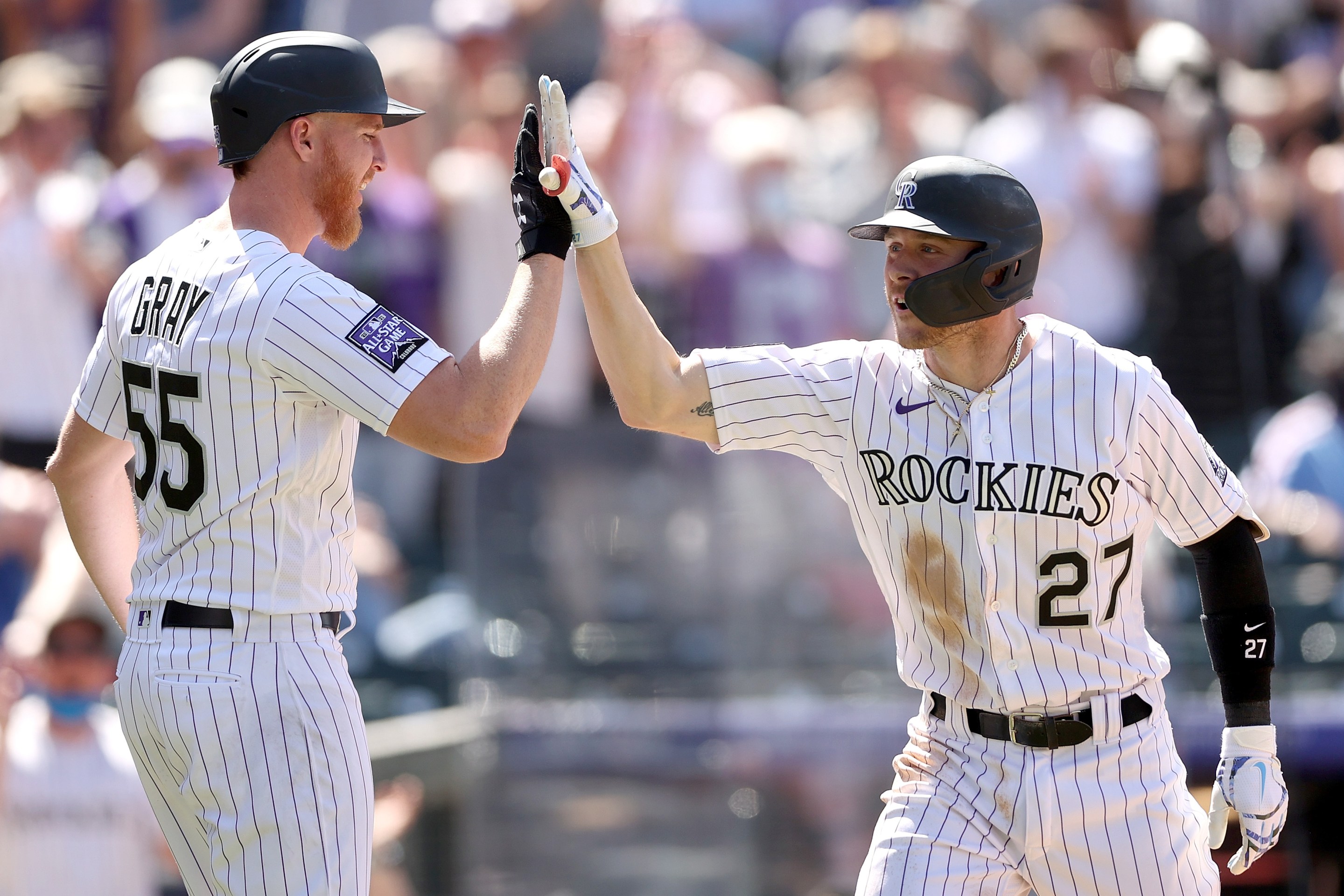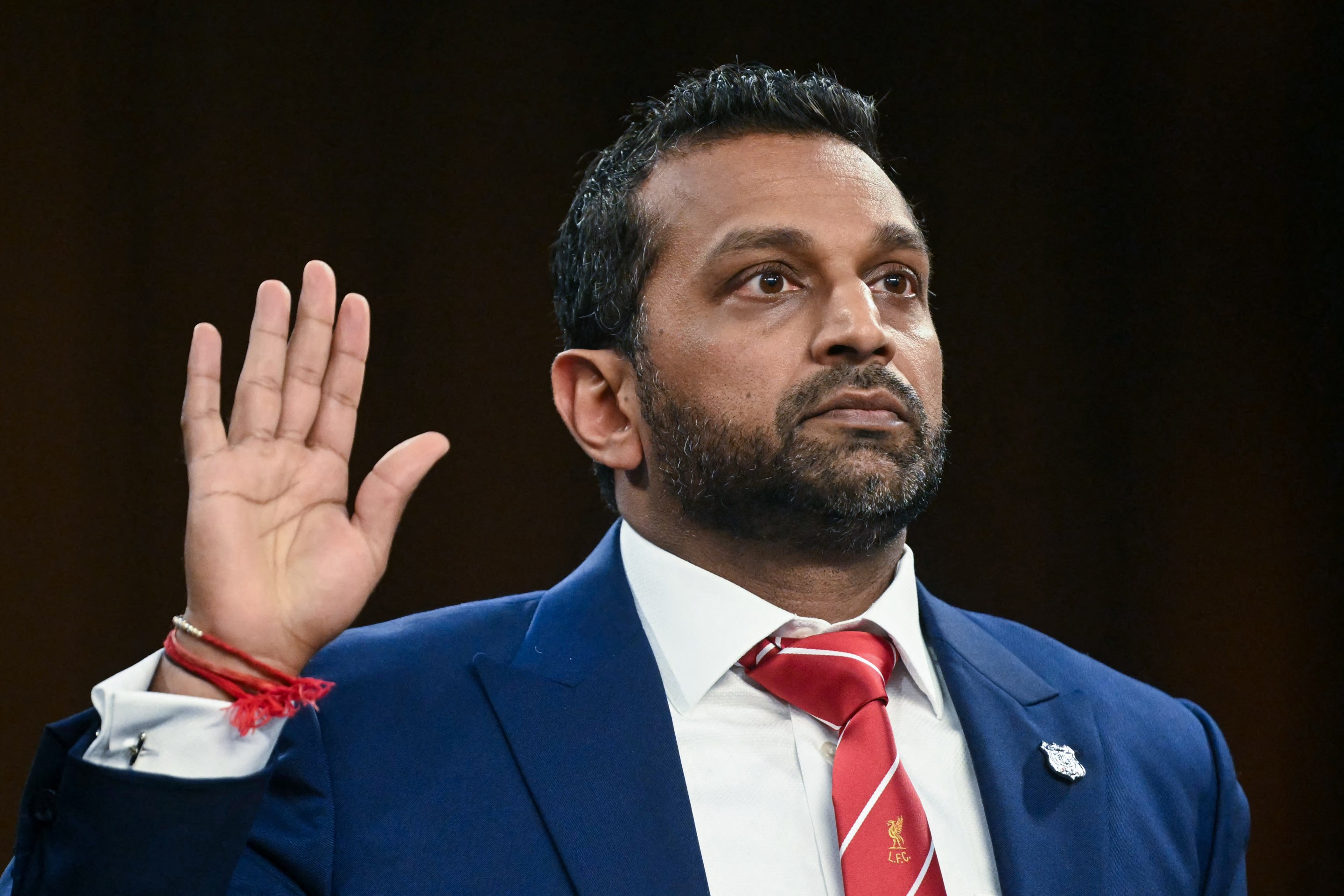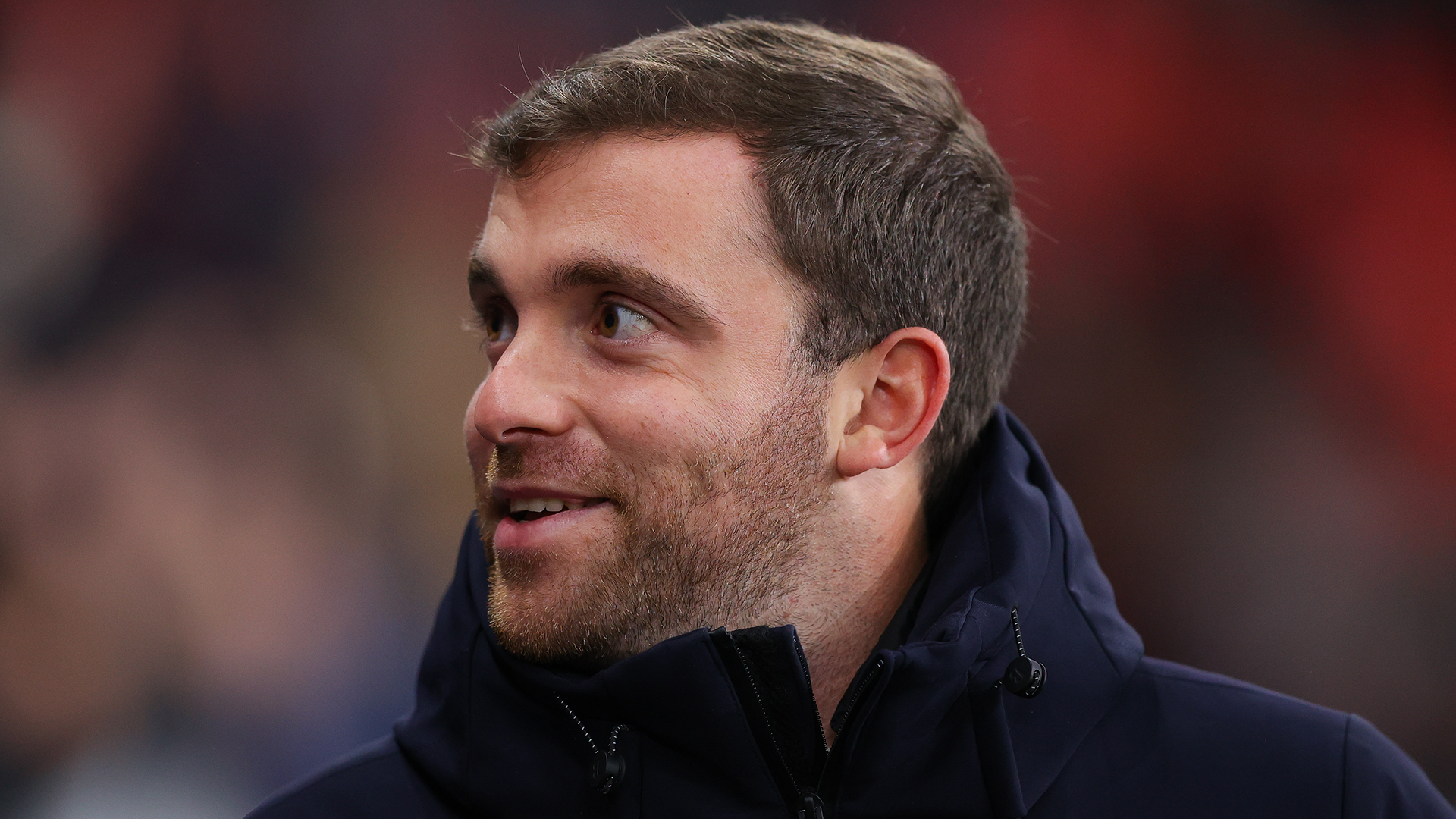It is a lot harder to tell if the Colorado Rockies are failing than it is with most teams. In the most obvious and immediate sense, the Rockies are having more or less the season they were expected to have, which is one that is generally bad but mostly and most crushingly inconsequential. The National League West features three of the best teams in the big leagues in the Giants, Dodgers, and Padres, and the runaway worst in the startlingly shitty Diamondbacks. The Rockies, at 37-50, are 13 games back of the hindmost good team and 12.5 games ahead of the worst. They are bad in their own way—only the White Sox and Padres have as many home wins as Colorado's 31, while the team's 6-33 road record is by far the worst in the sport—but they are also bad in a way that doesn't really require much consideration. Raimel Tapia leads all big league leftfielders in errors and assists; Mychal Givens was recently activated off the IL; Jhoulys Chacin is somehow on the team again. They will play exactly as many games as every other baseball team this year. This is all real.
None of that is remarkable, really, but all of it seems more or less to be what the Rockies had in mind. After trading franchise cornerstone Nolan Arenado before the season, GM Jeff Bridich stepped down back in April. Both of those things happened at the behest of the team's weepy-whimsical ownership, which has generally run the organization like an unusually dysfunctional Qdoba franchise. There are teams that are good and trying to be good, and teams that are bad and trying to be bad, and there are teams that are trying and failing to various degrees at being one of those things, but in a global sense the Rockies mostly just seem to be trying to be the Rockies—the players are trying to win, but the organization seems mostly to be building a cozy little burrow for itself in the lower middle of the National League West and kind of hanging out there while they wait for the weather to cool off. As Nick Groke wrote in The Athletic on Wednesday, they have indicated that they are not currently interested in engaging in trade talks relating to any player on the roster.
Again, this could mean any number of things if any other team said it. That the Rockies are not willing to trade ace starter Germán Márquez, for instance, could be read as a suggestion that they believe that they could be competitive again during the remaining three years of his team-friendly contract; that they are unwilling to trade useful-but-fungible bullpen pieces down the stretch could suggest that they somehow believe they could be competitive this year; that they are unwilling to trade starter Jon Gray or star shortstop Trevor Story before they hit free agency this offseason might, if another team were doing it, suggest that they hoped to bring them back in the offseason. It could be promising in a number of extremely different ways.
But, because this is the Rockies, none of this can strictly be said to mean any of that, or really anything in particular. There is no indication that the Rockies intend to do any reloading, or rebuilding, or re-signing. It is, in fact, not even clear who would be doing any of that—interim GM Bill Schmidt had headed up the team's amateur scouting department before taking over for Bridich, and admitted that he didn't know much about the team's big league roster. Two lead deputies, farm director Zach Wilson and big league scouting chief Jon Weil, left the team in June. While Schmidt has said that he would be willing to begin trade talks after the Rockies get done hosting the All-Star Game—that would be a little over a week from now, and 14 days from the July 30 trade deadline—he has not said much more than that. Manager Bud Black said earlier this week that Márquez "wasn't going anywhere," but Groke writes that Black clarified that "the Rockies’ posture on making Márquez untouchable in trade is a carryover from Bridich."
All of which, again, is pretty familiar Rockies stuff, at least insofar as it reflects both a process and a mindset that does not and really could not make any sense to anyone who isn't privy to all the weird lore and habit that created it. The more worrying part, Groke writes, is that teams that might want to deal with the Rockies—who, again, have two decently valuable stars that they appear resigned to not re-signing that they could make available in trade—do not really know how to make a deal with the Rockies. Not in the sense that they don't know what the Rockies want, or how they value their own players, but more in the sense that they do not know how to get in touch with the people who might accept or reject those offers. "While the Rockies go dark, they may find themselves in a hole later," Groke writes. "Sources from two opposing front offices said their teams don’t know exactly whom to contact when they want to reach the Rockies about trades."
The good news is that the Rockies and every other team in baseball have nearly a month in which to figure all this out—plenty of time for a trade offer mailed to the team at 2001 Blake Street, Denver, Col., 80205-2000 to be received and, provided the proposing team encloses a self-addressed stamped envelope, returned with an answer. This seems the safest option, as any emails sent to the team's General Feedback account, fanfeedback@rockies.mlb.com, may wind up in the "spam" folder if the team's email system does not recognize the sender. Interested GM's calling the team's general information line at (303) 292-0200 would also be advised to pay attention, as menu options may have changed. It might be best, in the end, to just go ahead and leave any trade proposals in the comments below. That way, when the All-Star break ends, a week and a half from now, Bill Schmidt or Dick Monfort or whoever is making baseball decisions by then can just go down and "like" whichever ones seem good.






